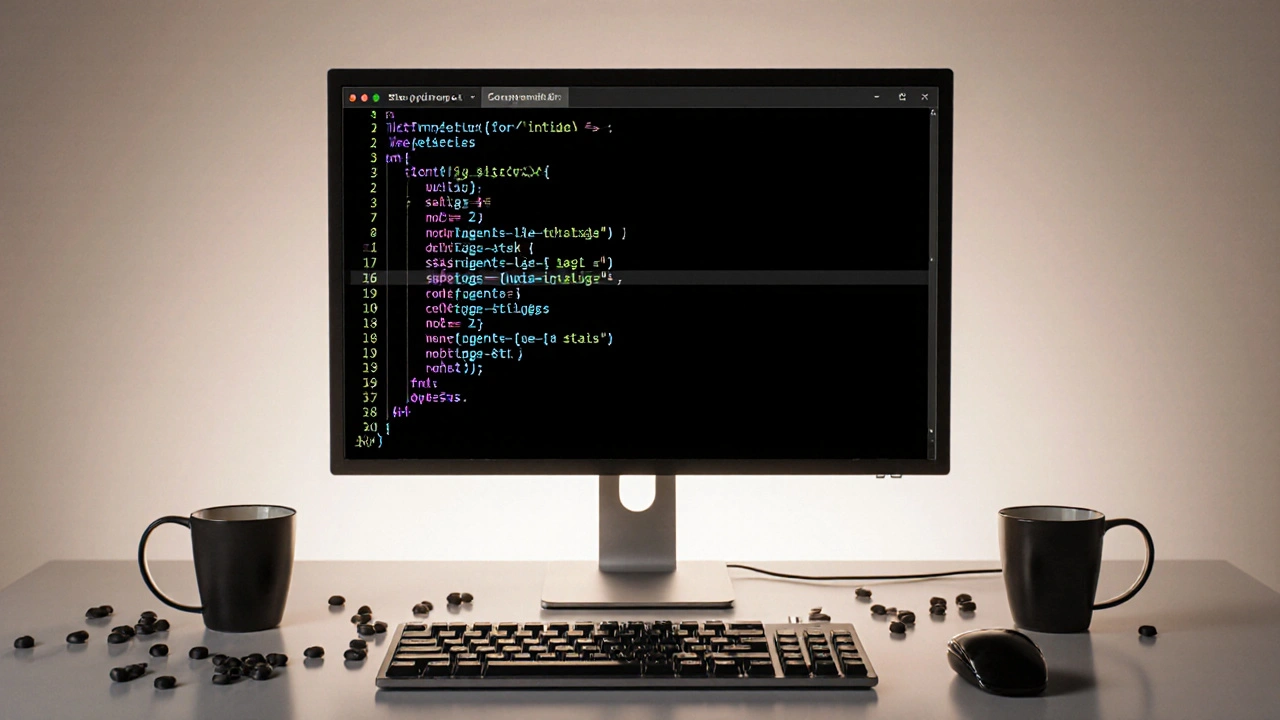Python Best Practices: Write Clean and Efficient Code
If you want to get better at Python, focusing on best practices is the way to go. It’s not just about making your code work; it’s about making it easy to read, fix, and improve over time. If you’ve ever struggled with messy scripts or bugs that sneak in, following some key tips can change everything.
First, keep your code simple and clear. Python’s strength lies in its readability, so avoid writing overly complex lines just to be clever. Use descriptive names for your variables and functions so anyone who reads your code can quickly understand what’s going on. Imagine coming back to your project months later — will it still make sense to you?
Use Functions and Modules to Organize Your Code
Breaking your code into smaller pieces makes it easier to manage. Functions are great for this—they let you reuse code and keep things tidy. If you find yourself copying and pasting the same block, it’s time to turn that into a function. Modules help you split your project into files that focus on specific tasks, making it scalable and easier to test.
Also, don’t ignore comments and docstrings. They might seem like extra work, but they’re a lifesaver when you or others try to understand what a piece of code is supposed to do. Write comments that explain why, not just what. For example, note down tricky logic or important details someone might miss at first glance.
Test Your Code and Handle Errors Gracefully
Nothing helps you learn best practices faster than testing your code regularly. Write simple tests for your functions to make sure they behave as expected. This way, when you make changes later, you won’t break things without realizing it. Python's built-in 'unittest' module is beginner-friendly and worth exploring.
Another smart move is handling errors with try-except blocks. Rather than letting your program crash, you can plan for mistakes and keep things running smoothly. For example, if your code reads a file, what happens if the file doesn’t exist? Catching errors early prevents headaches and makes your programs more reliable.
Finally, keep learning new Python features and tricks. Python has a ton of useful shortcuts and libraries that can make your code faster and easier to write. Check out popular packages, follow tutorials focused on clean code, and keep practicing. With steady effort, your Python skills will not just grow—they’ll get sharp and professional.

- Nov 11, 2025
- Clayton Shaw
- 0 Comments
Python Tricks: The Ultimate Guide to Coding Like a Pro
Learn essential Python tricks that turn average code into professional, efficient, and clean Python. From comprehensions to context managers, these are the habits top developers use every day.

- Aug 24, 2025
- Alfred Thompson
- 0 Comments
Python Tricks: Practical Tips to Become a Better Python Developer in 2025
Level up your Python in 2025 with proven tips, examples, and checklists. Learn modern practices, testing, typing, profiling, and performance habits.

- May 11, 2025
- Travis Lincoln
- 0 Comments
Python Tricks: Master Expert Guide to Clever Coding
Unlock the smarter way to use Python with tips that boost speed and code quality. This guide skips the usual fluff and dishes out hands-on tricks you won't find in beginner tutorials. Whether you need shortcuts, clever uses of built-in features, or real-life practical hacks to impress at work, you'll find something here. Topics cover everything from magic methods to one-liners and efficient debugging. Grab these pro-level insights and step up your Python game.
